The problem is due to different encodings you have used for encoding and decoding.
testString=":;Hello \ud83d\ude09\ud83d\ude00 ., <> /?\";
NSData *data = [testString dataUsingEncoding:NSUTF8StringEncoding];
Here you have converted a string to data using UTF8 encoding. This means it will convert the unicode characters in 1-4 bytes depending on the unicode character used. for e.g. \ude09 will translate to ED B8 89. The explanation of the same is available in wiki. Basically is uses the following technique:

Now if you try to decode this to string using ascii encoding like below
NSString *strBody = [[NSString alloc] initWithData:data encoding:NSNonLossyASCIIStringEncoding];
The above is bound to fail as it cannot decode ED B8 89 or similar unicode data to ascii string. That's why it returns an error.
If the data was ascii encoded, it would have used literal ascii hex for the conversion. So \ude09 would have become "5c 75 64 65 30 39"
So the correct conversion would be :
testString=":;Hello \ud83d\ude09\ud83d\ude00 ., <> /?\";
NSData *data = [testString dataUsingEncoding:NSNonLossyASCIIStringEncoding];
NSString *strBody = [[NSString alloc] initWithData:data encoding:NSNonLossyASCIIStringEncoding];
The question for you is why you want it to encode as UTF8 and decode as ASCII?
For emojis, please try the below
testString=":;Hello \\ud83d\\ude09\\ud83d\\ude00 ., <> /?";
NSData *data = [testString dataUsingEncoding:NSUTF8StringEncoding];
NSString *strBody = [[NSString alloc] initWithData:data encoding:NSNonLossyASCIIStringEncoding];
